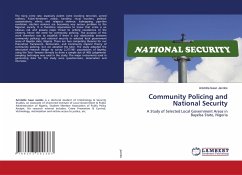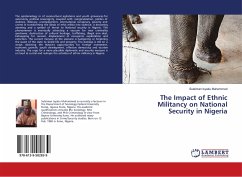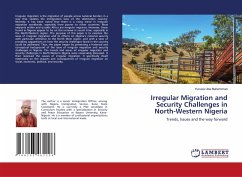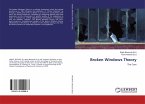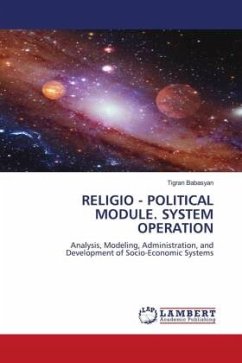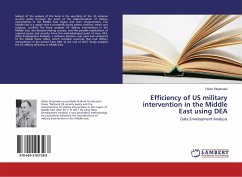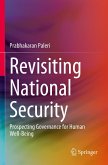The rising crime rate, especially violent crime involving terrorism, armed robbery, Fulani-herdsmen attack, banditry, ritual murders, political assassinations, ethnic and religious violence, kidnapping, pipe-line vandalism, election violence are becoming very serious problem to the Nigerian society. It is therefore imperatives to know that crime is an obvious risk and possess major threat to orderly coexistence of the citizenry, hence the need for community policing. The purpose of this work therefore was to establish if there is any relationship between community policing and national security in selected local government areas of Bayelsa state, Nigeria. There are two competing theories for our theoretical framework- Democratic, and Community implant theory of community policing, but we adopted the later. The study adopted the descriptive research design to survey 2,277,961 populations of Bayelsa, using the Taro- Yamane formula to draw a sample size of 400; judgmental sampling technique was used in the study. The major instruments used in generating data for this study were questionnaire, observation and interview.
Bitte wählen Sie Ihr Anliegen aus.
Rechnungen
Retourenschein anfordern
Bestellstatus
Storno

